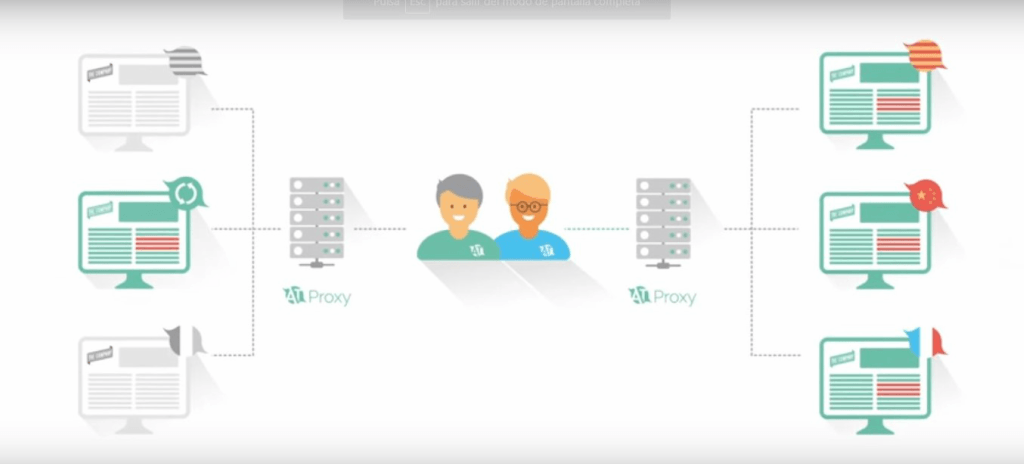The importance of translating your annual accounts

It's the time of year when we need to prepare our annual accounts and announce the company's financial position. These documents are hugely important - both for listed companies and smaller ones. They offer vital information on a company's financial health which can be seen by shareholders, owners, clients, and suppliers. In this article we'll explain why it's so important to put the translation of your annual accounts in the hands of professional translators.
First things first... what exactly are annual accounts?
Annual accounts are documents that pull together a company's financial information, and the financial decision-making process is based on the information they contain. The information is aimed at those who want to find out about the company's present financial position and the course it's taking. It is a tool for assessing a business's overall position as well as any developments that may have occurred over the year.
Annual accounts are made up of the balance sheet, profit and loss account, statement of changes in equity, cash flow statement, and a report.
Increased demand for annual accounts translations
When a company goes through the internationalisation process to reach new markets, it needs to take actions such as opening new offices overseas, or forming mergers or partnerships with new companies, etc. These activities compel companies to disclose their financial information in other languages - and this in turn has led to an increase in the demand for annual accounts translation.
Translation with specific characteristics
It's important to remember that this is a specialist area of financial translation with its own peculiarities:
- Depending on the language combination, translators may need to adapt the numerical values. In Spanish, thousands are represented with a point, whereas in English a comma is used. Other languages have their own ways of representing figures, and an error made in transposing the figures could result in a serious translation mistake.
- Due to the nature of the content documents can often contain complex formatting, which must always be maintained in the translated document.
- Translators should be used to working with specific terminology, as well as financial and accounting concepts and standards (IAS and IFRS standards, etc). This is why they should be specialist professionals, experienced in translating financial documents.
It's also important to consider whether a certified translation is needed, for example when the annual accounts have been prepared in a language other than the official language of the country they'll be submitted in. If a certified translation is required, it's essential to communicate this as soon as possible, as not all translators are qualified to do them.
Confidential information
It's important to use a translation company with the most rigorous quality certificate in place, as these documents will contain sensitive company information. In some cases a confidentiality clause may need to be drawn up to ensure the highest level of discretion when dealing with the information to be translated.
At ATLS we're experienced in translating annual accounts, and work with professional translators who specialise in financial translation. Every translation we receive and work on is treated as unique, and we fully dedicate our efforts to providing the highest quality document translations, especially when it comes to documents which are so important to our clients.




